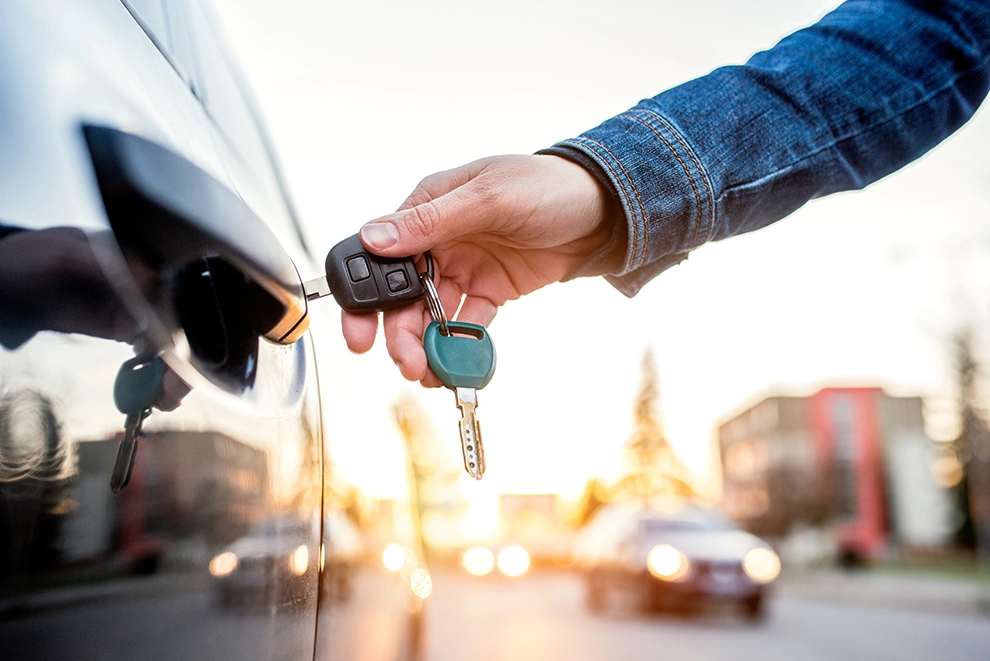When making the decision whether to lease or buy a car, there are several elements that should be taken into consideration: your budget, average yearly mileage, taste in vehicles, credit history and financial goals.
If you’re a car enthusiast who can’t stomach making a substantial down payment, leasing may be your best bet. Just remember that leasing has its drawbacks as well, such as potentially higher insurance costs.
Less Money Down
Ultimately, the decision of whether it’s better to lease or purchase a car comes down to your financial situation and preferences. But before making a final decision, there are some pros and cons to each option that you should weigh in on.
Less Money Down: Leasing usually costs less than buying a car, since you get to take advantage of newer vehicles at lower monthly payments and don’t need to worry about depreciation.
Driving Restrictions: Your leasing contract may have certain mileage requirements per year. If you exceed that limit, the leasing company may charge a fee per mile over that threshold – which can add up quickly.
If you drive a lot and need a new car frequently, leasing may be your best bet. Just keep in mind that if you need to break your lease early, cancellation charges could be quite steep.
Lower Monthly Payments
Leasing offers lower monthly payments than purchasing a car, since you only pay for the depreciation of the vehicle during your lease period. At the end of your lease period, you have three options: buy or return the car and get a new one; trade-in if its worth more than what you paid; or keep the same vehicle by making extra payments to extend your lease.
Ultimately, the decision to buy or lease is personal and determined by your preferences and specific financial situation. However, there are a few essential things you should take into account before making your final choice. These include:
No Upfront Costs
Leasing is an auto financing option that enables you to drive a new car for a set period in exchange for monthly payments. At the end of your lease period, you have the option to buy the vehicle – giving you complete ownership of your vehicle!
Though leasing may seem like a cost-effective alternative to purchasing, there are potential drawbacks as well. Before signing any lease agreement, carefully consider your needs and budget.
The total cost of leasing a vehicle is the capitalized cost minus its residual value, plus interest (known as “money factor”) and various fees. These costs tend to be higher than those associated with buying or leasing a car.
No Trade-In
Car leasing is a form of financing that permits you to drive a new car for several years without purchasing it outright. Generally, leasing requires lower monthly payments than if you bought the same vehicle outright.
When deciding the best option for you, take into account your needs and lifestyle. Consider how much driving you do each year when making this decision.
If you have a large amount of money to invest, a trade-in can help cover most of your down payment for a new vehicle.
But if you have negative equity on your old car, trading it in likely won’t do much good, according to Greg McBride, chief financial analyst for personal finance site Bankrate. That’s because there won’t be any cash left for a down payment.
No Equity
Depreciating assets such as cars and homes requires ongoing care to maintain their value; part of each loan payment goes towards depreciation, which cannot be recouped at the end.
The remaining portion of your loan principal payment is for equity value, which you would receive back if you sold or traded the vehicle. This creates your personal ownership equity.
If you enjoy driving a new car every few years, want lower monthly payments, don’t care about building ownership equity, have an established lifestyle with predictable expenses, drive an average number of miles each year, properly maintain your vehicles and are familiar with how leasing works, then leasing could be for you! However, if you plan to keep the same vehicle for many years and want to save money over time, buying is likely the better option.

